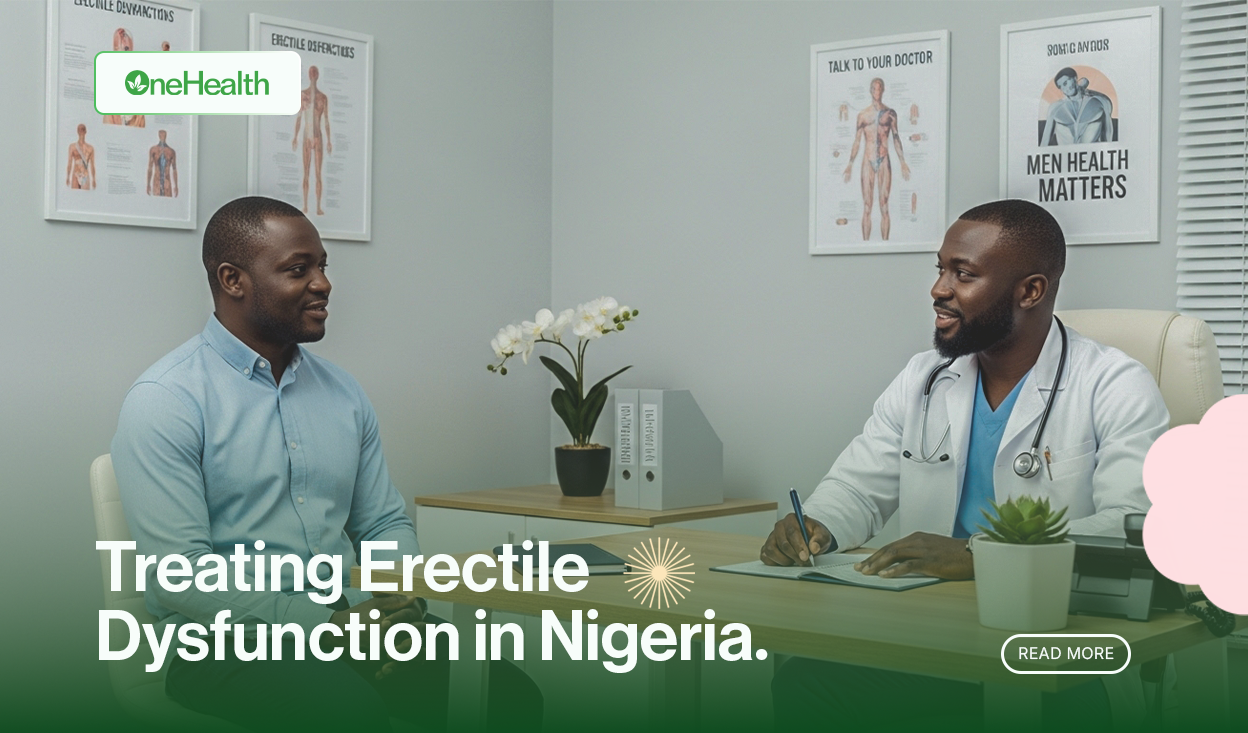Antioxidants and Aging.
Medically Reviewed by Pharm. Emmanuella Oladeni
Written by Ella Oladeni

Antioxidants are important in the context of aging because they may alleviate some of the effects of oxidative stress, a major factor in the aging process. It's important to understand what antioxidants are and how they work in the body in order to fully understand this link.
What are Antioxidants?
Antioxidants are compounds that have the ability to minimize or neutralize the negative effects that free radicals have on the body. Through a process known as oxidative stress, free radicals which are highly reactive molecules or atoms can harm DNA, proteins and cell structures. This harm may accelerate the aging process and various age-related diseases.
Oxidative Stress and Aging:
Free radicals are produced by a number of bodily functions occurring more frequently as we age, including metabolism, inflammation, and exposure to environmental pollutants (such as pollution and UV radiation). This buildup of oxidative damage over time can result in age-related diseases such as cancer, cardiovascular disease, and neurological illnesses like Alzheimer's and Parkinson's.
The Function of Antioxidants in Aging.
By giving free radicals an electron, antioxidants stabilize them and prevent further damage from occurring in response to oxidative stress. Vitamins C and E, beta-carotene, selenium, and other phytochemicals found in fruits and vegetables are some examples of common antioxidants:
Vitamin C: This water soluble vitamin is found in citrus fruits, strawberries, and bell peppers. It stimulates collagen formation and aids in preventing oxidative skin damage, which can lessen the signs of aging in skin.
Vitamin E: This fat-soluble vitamin is present in nuts, seeds, and vegetable oils. It can help protect cell membranes from oxidative damage.
Polyphenols: These compounds, which can be found in foods like dark chocolate, red wine, and green tea, are antioxidants and may have anti-aging properties.
Selenium: The body's ability to utilize specific antioxidant enzymes depends on this mineral.
Supplements and Aging: Although antioxidant supplements are available, their efficacy in slowing down the aging process is still a subject of debate among researchers. It's generally advised to receive antioxidants through a balanced diet rather than relying only on supplements as high-dose antioxidant supplements may occasionally have adverse effects.
Lifestyle variables: In addition to diet, lifestyle variables can significantly reduce oxidative stress and support healthy aging. These include regular exercise, adequate sleep, stress management, avoiding smoking, and excessive alcohol intake.
In conclusion, antioxidants can mitigate some of the negative impacts of oxidative stress and promote healthier aging. However, they are just one piece of the puzzle, and overall lifestyle choices, including a balanced diet and healthy habits, play a crucial role in determining how well an individual ages. Looking to improve your health through supplements? You can purchase supplements from Onehealth. We also encourage you to reach out for recommendations from our team of experts on 09088453003 who can guide you in choosing the right supplements for your specific needs.
Strategic Responses to Pharmaceutical Withdrawals & Drug Shortages in Nigeria
Download the report on the analysis of the pharmaceutical industry’s response to regulatory & market pressures.

Did you find this helpful?

More related topics
One Email, One Free Discount, One Free Delivery Every Week
We’ll Send You a Love Letter Every Week.
Get honest feedbacks and recommendations to improve your health. Plus free weekly vouchers and discounts.


Don’t Self Medicate o!
Ask a Pharmacist Instead



